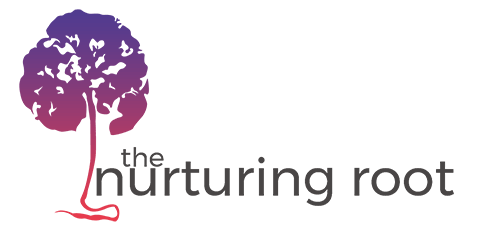5 Ways to Bring Your Photos to Life
Guest post by Niki Jones If I asked you to guess how many photos are on your phone, what would you say? 500? 1,000? More? If I asked you how many of those photos have lived anywhere other than your phone or social media, what would you say? A few? Maybe 10? There’s a major…

